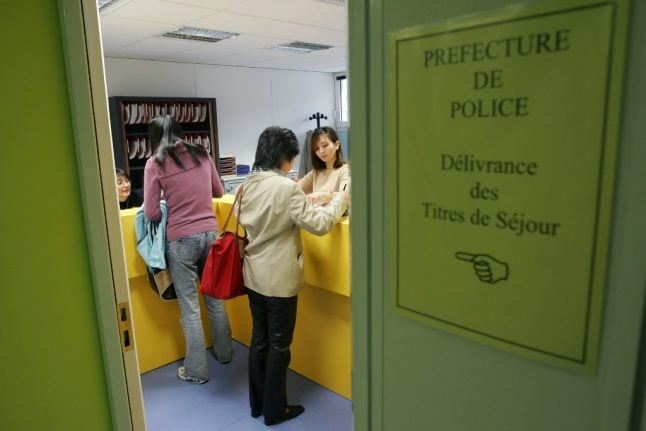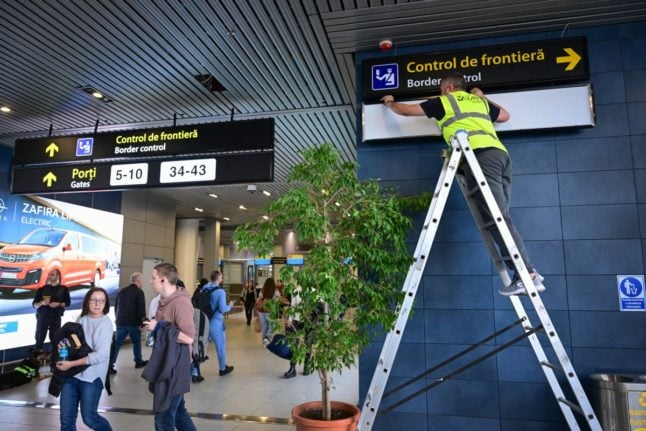The company – which employs a large number of British staff, many working part time or from home – has sent out an emailing saying that employees from the UK need to provide a copy of their carte de séjour residency permit to the firm's HR department within six months of the date of Britain leaving the EU.
The translation and linguistics company says “staff will have six months to ensure that they are able to work and reside in France” and asks for a copy of the carte de séjour residency permit.
This has sparked panic among its British staff, many of whom do not have residency permits and have not even been able to start the application process.
One staff member who lives in south west France told The Local: “I just got this email out of the blue saying we needed to show them a copy of the carte de séjour within six months of Brexit.
“But my local préfecture has stopped accepting applications so at the moment I have nothing and there's nothing I can do.
“There's no guarantee that I will have a card in six months. I'm not sure what to do,” said the member of staff.
The employee asked that neither her name nor the company's name be included in the article for fear of losing her job, but wanted to highlight the problem around the confusing instructions being given to Brits.
The French government's no-deal Brexit decree states that British people who are already resident in France on Brexit day will be given a one-year grace period to organise their residency status, although they must apply for residency within six months of the leave date.
Although France's plan still depends on the UK providing a reciprocal guarantee for the French in Britain.
For the last six months, local authorities in many areas of France have not been processing applications from British citizens, preferring to wait until the outcome of Brexit negotiations.
After Brexit people who already have a long-term residency card – a carte de séjour permenant – will be able swap it for the new carte de résidence longue durée but everyone else will have to start the process from scratch.
The French government has said it is setting up a new website that will allow people to make the applications online, but that is not up and running yet.
READ MORE: UPDATED No deal checklist for Britons in France
The email sent by the company to its British staff reads: “If there is a no deal, staff will have six months to ensure that they are able to work and reside in France. Ensure to send / hand / put in the HR box a copy of your carte de séjour as soon as you have it.”
When questioned, the company responded: “Many British people working in France already have a current carte de séjour or have applied for French nationality. As a French company we will be required to respect French law on employing third country immigrants, which is what British people will be if there is no deal.”
One of their staff told The Local: “The tone of it was just so abrupt, sickening really. I pointed them to information on the British embassy page and in other places about the one-year grace period but they didn't seem to want to listen.
“I only work for them part time and I have other sources of income, but I know people who depend on them for all of their income and they are really worried.”
The latest advice from the British Embassy in Paris is: “If the UK leaves the EU without a deal, UK nationals living in France on the day the UK leaves the EU will be given a grace period of one year to obtain their residence card. You will have six months from this day to apply for your card and you will receive it before the end of 12 months from exit.
“During this grace period, you will retain your right of residence, and associated work and social rights.”



 Please whitelist us to continue reading.
Please whitelist us to continue reading.
Name the company.
For once I agree with (antagonist) Boggy. 🙂
But, come on, those employees saw the writing on the wall in 1976, when Britain joined, and that one day they would leave?
And low the UK announced, what, 3 years ago?
Where’s the edit button? low should be now?